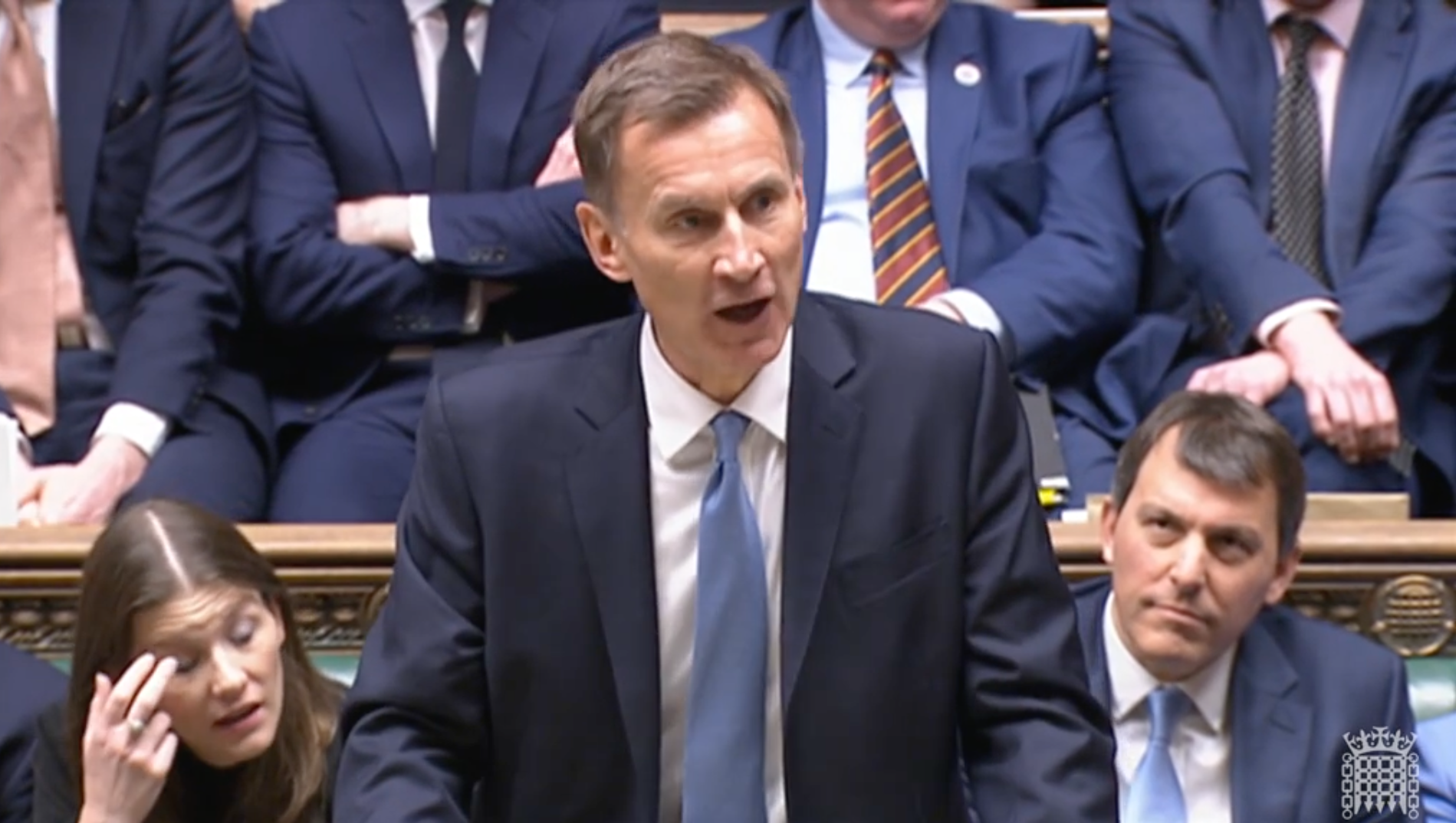This week the UK government announced new rules to try and bring down immigration into the UK. The policy changes, which will be applicable from next spring, will increase the earning threshold for overseas “skilled workers” from its current position of £26,200 to £38,700. The same higher threshold will apply to those immigrants who want to bring their family members from abroad.
This proposal has not gone down well in the country’s startup community — particularly with those trying to hire bright graduates (the average graduate salary in 2021 was £27,340 15 months after graduation, according to the Higher Education Statistics Agency).
Bad for startups
One entrepreneur who’s affected by the new rules is Dan Hudson, founder of London-based hospitality staffing platform GiGL.
He tells Sifted that he has regularly hired workers from overseas, originally on student visas, before moving them onto skilled worker visas. Normally it costs around £15-20k to cover the visa, legal and admin expenses, Hudson explains, but the new minimum salary will make that dramatically more expensive for graduate hires.
“Once they roll off that student visa, the costs for startups are gonna go through the roof. In a world where funding is very difficult for startups right now, it’s going to be a significant headwind,” he says. “It would mean at least a 50% increase in their cost. I don’t suddenly have 50% more budget. So only the best will get sponsored or it will lead to churn where you don’t keep people past the grad programme.”
Data from Nation.better — a digital platform for hiring staff with work visas in the UK — based on analysis of 600 workers being sponsored by their employers, shows that 37% of tech startup workers from overseas won’t meet the new salary requirement.
Of the 63% that do meet the salary threshold, 90% are technical roles, with the remaining 10% in product, sales and marketing roles.
“Young, highly educated professionals, who have been contributing towards the UK economy through working in highly risky startup ventures for years, living and building their lives in the UK will be forced to leave,” says Nation.better CEO and founder Larisa Budaeva.
What’s behind the changes?
After Brexit, the UK government has set a goal to make Britain a new tech empire — but experts say that to achieve this the country’s startups and scaleups will need global talent.
In the US, more than half of its unicorns have been founded by immigrants, according to recent studies. In 2022, almost 54k international workers applied to work in the UK's technology sector and migrated to the country.
But some of its recent policies — including the mess around the Tech Nations visas and the startup and innovator visa routes, and Brexit — have made it more challenging for founders to come and set up companies in the UK, and to hire people from abroad.
Recent research from think tank The Entrepreneurs Network found that the percentage of fast-growing startups founded by people from overseas had fallen from 49% to 39% between 2019 and 2023.
“While nurturing homegrown talent is essential for any country, it’s a longer-term strategy and the public and private sector needs talent now. The [government’s] plans do nothing to help manage the biggest talent shortage the UK has ever faced,” says Karoli Hindriks, CEO and cofounder of Jobbatical, an employee relocation platform.
“All the while the current government focuses on building policies to make it harder for businesses to recruit, we’re consistently missing opportunities to add momentum and sustainable growth to sectors from healthcare to engineering and technology. Strict rules on skilled migration make it harder for UK companies to compete in the global markets and thus build sustainable jobs for the future.”
Sifted reached out to the UK government’s department for science, innovation and technology for comment. A spokesperson gave the following statement:
“It is clear net migration remains too high, putting a strain on public services, and that’s why we have announced measures to cut immigration while better prioritising the skills and talent needed to grow the economy and support the NHS.
We will continue to have a world-leading range of visa routes to attract international talent into our technology sector and support international founders to set up companies here in the UK.
The Global Talent Visa, High Potential Individual Visa, and the Innovator Founder Visa routes remain unchanged and will continue to welcome top tech talent to help boost our domestic sector.”
Note: this article was updated at 16:52 on 06.12.23 to include the UK government statement. We have also removed the story of a founder who it turns out will not be affected by the changes, in light of the government statement.


